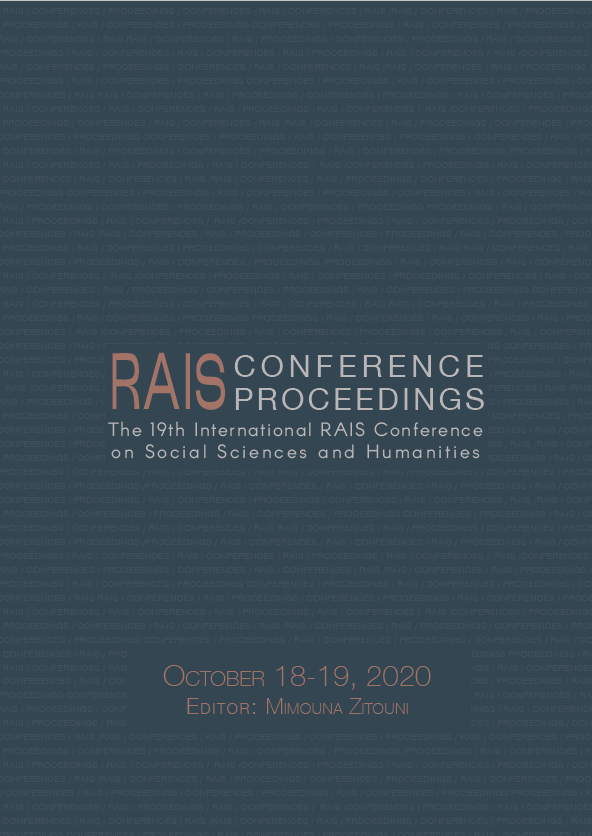Exploring Cognitive Functions of Demand through the Teachings of Abhidharma
Exploring Cognitive Functions of Demand through the Teachings of Abhidharma
Author(s): Dilshani N Ranawaka, Rushan Ranawaka
Subject(s): Business Economy / Management, Micro-Economics
Published by: Scientia Moralitas Research Institute
Keywords: Abhidharma; Demand; NeuroEconomics; Greed; Micro-analysis;
Summary/Abstract: Economics and Abhidharma (in-depth dharma teachings by the Buddha) rarely emerge together in interdisciplinary discussions due to the contradictory nature of the two disciplines. Economics is identified as the dismal science which attempts to understand how limited resources should be distributed in a way that satisfies unlimited wants so as to maximize satisfaction (utility) with demand being one of the core concepts. It is known that the demand occurs because of three reasons: willingness to buy, the ability to pay now, in the present. With the surfacing of neuroEconomics which looks at how thoughts and brain functions when making decisions, Abhidharma can be very useful in providing insights as to how thoughts functions. According to Abhidharma, “greed” is the nucleus when demand is looked in a micro-level. Citta (Consciousness), also known as thoughts and chaithasika, identified as the thought processes in Abhidharma, can be used to guide and provide a different outlook to the concept of ‘demand’ in Economics. This paper hopes to pursue the knowledge of eight folds in lobha (greed); one of the theoretical elements of Abhidharma in assessing how demand in Economics occurs.
Book: Proceedings of the 19th International RAIS Conference on Social Sciences and Humanities
- Page Range: 159-162
- Page Count: 4
- Publication Year: 2020
- Language: English
- Content File-PDF

